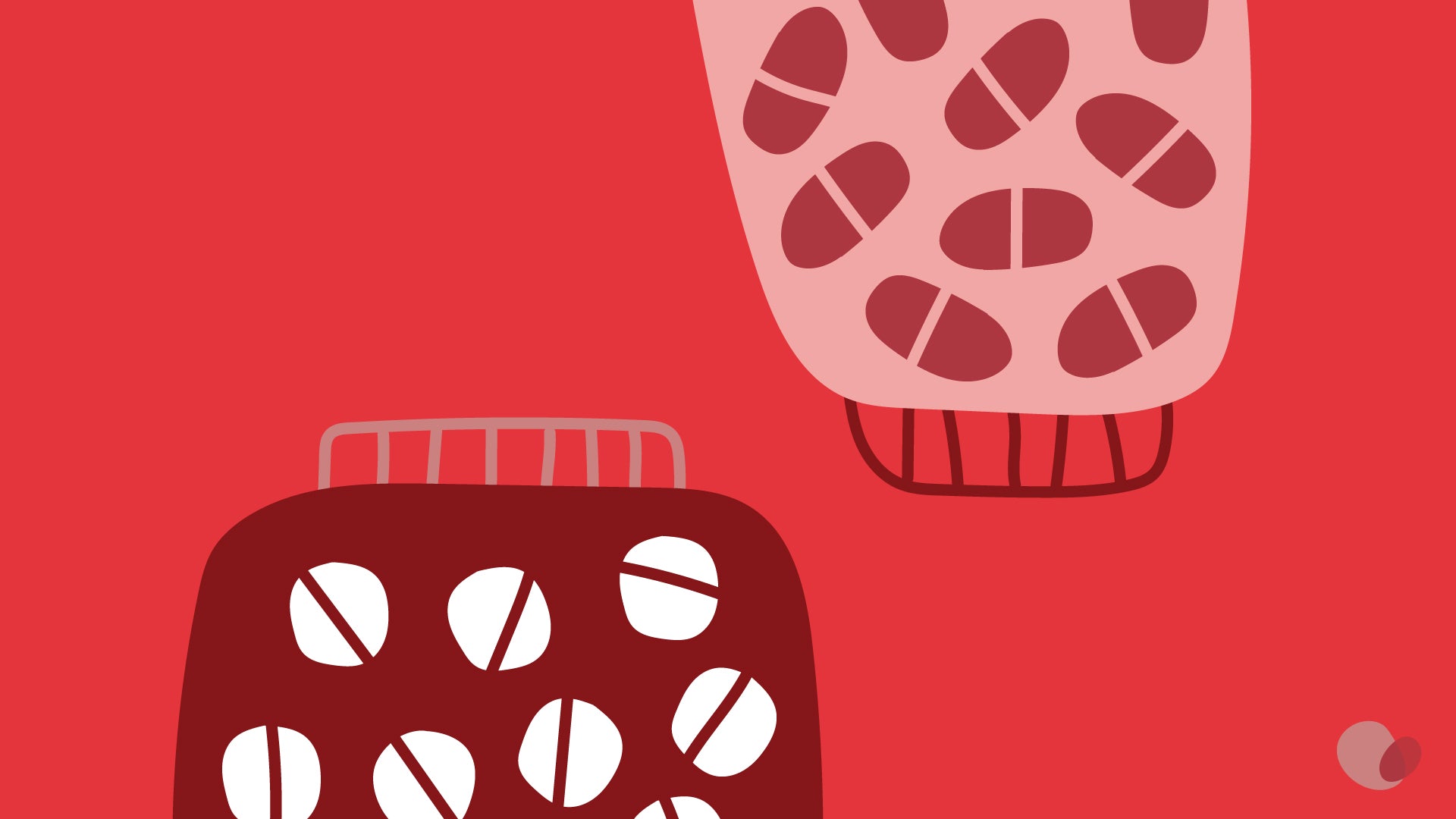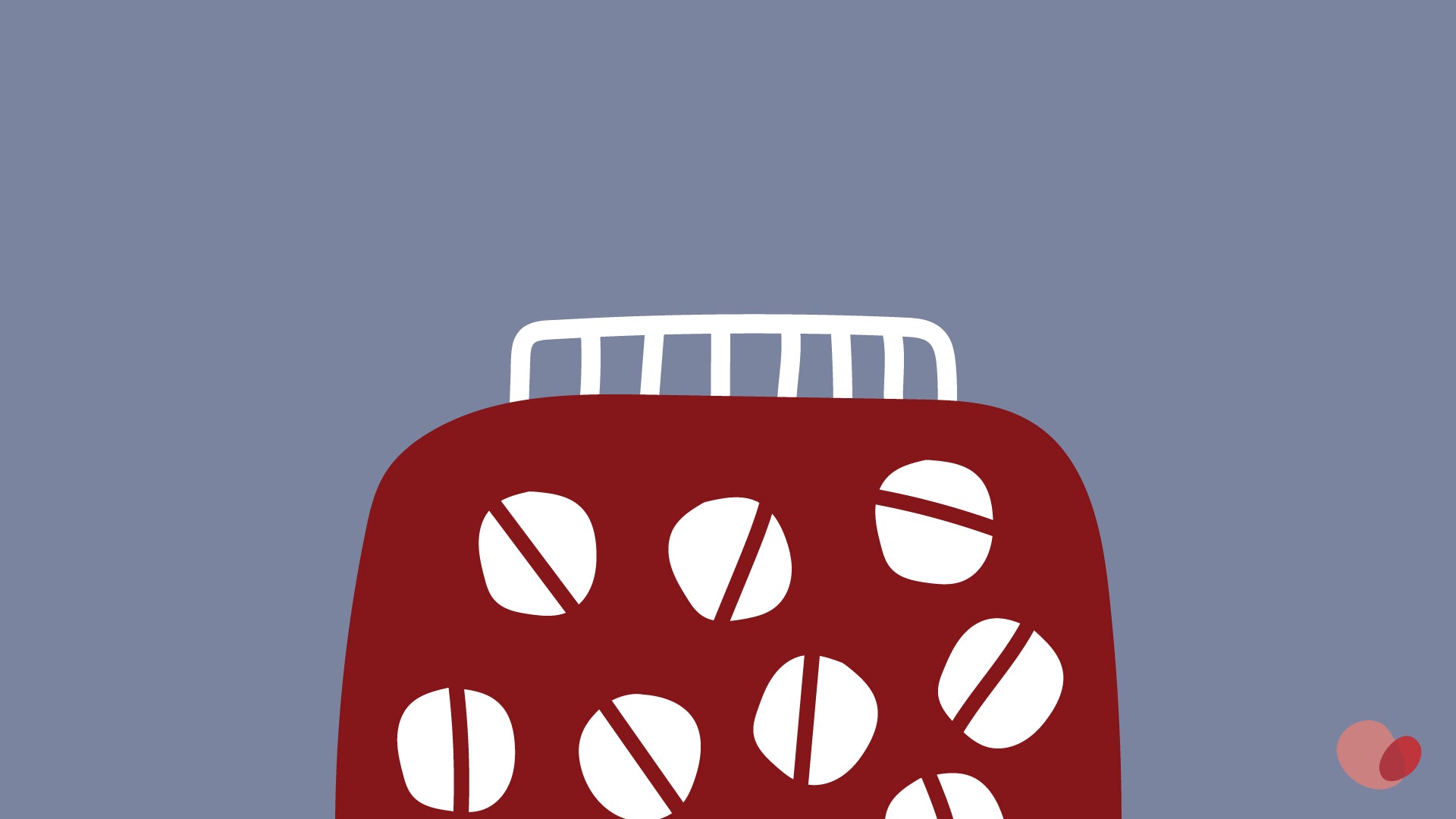8 Best Vitamins And Supplements To Take When Trying To Conceive

Starting a family can be an uphill slope, so you’re going to need all the help you can get. Enter vitamins and supplements, which are easy ways for you and your spouse to gain an edge.
Modern professional athletes are a science-driven bunch, optimising how they train, recover, and even eat. Couples who are trying to conceive are in a similar situation, doing everything within their power to boost the odds of pregnancy. Only in this instance, serious satisfaction in the form of a bundle of joy awaits, instead of a lucrative contract.
Fortunately, the numbers are encouraging. According to the United Kingdom’s National Health Service [1]. 92% of women aged 19 to 26 will conceive after a year if they have regular unprotected sex. This figure rises to 98% if they have regular unprotected sex for 2 years.
However, everyone knows that the fertility of women and men are dependent on a multitude of factors — lifestyle, diet, etc. Therefore, one easy way to boost your fertility and your spouse’s would be through the intake of additional vitamins and supplements.
Here’s your all-in-one guide to conception-specific dietary add-ons and which are the best ones to take when trying to conceive.
Why are additional vitamins and supplements needed?
For couples trying to conceive or have conceived, leading a healthy lifestyle creates two key advantages: improved fertility and a reduced risk of birth defects. It’s relatively easy to carve out some time everyday for a workout and de-stressing session. However, one’s diet isn’t as easy to alter, especially if you’ve got a busy schedule that only allows for the quickest option available.
This is where additional vitamins and supplements come into play. For both parties, these help to complete your dietary jigsaw puzzle and boost your chances of conceiving. What’s more, there are vitamins and supplements that reduce the risk of birth defects as well, giving you much-needed peace of mind as the foetus develops.
For instance, folate is a vitamin that helps the baby’s brain and spinal cord develop properly during the initial stages of pregnancy [2]. Then there’s vitamin D, which an increasing amount of data shows that it boosts fertility in vitamin D-deficient males and females [3].
Therefore, it is definitely worth the extra couple of dollars a month for vitamins and supplements.
What are the differences between vitamins and supplements?
These two terms might sound similar, but there’s an important distinction that you should know. Vitamins refer to well…every individual vitamin out there, including common ones like A, B, C, and D. Natural vitamins are found in the food we eat, whereas synthetically-produced ones are in the likes of single-vitamin chews, tablets, and more.
On the other hand, supplements are usually a blend of vitamins and minerals. There are products in the market which also include other ingredients that the producer deems nutritious. One example of a supplement would be twoplus’ Folic Acid Fertility Support for Women, which comprises a blend of folic acid (also known as folate) and glucosamine.
Supplements are excellent if your current diet is lacking multiple vitamins and minerals that are difficult for you to supplement naturally. However, if you’ve figured out that your daily meals are lacking just one or two vitamins, single-vitamin pills might be the better option. Alternatively, consider including whole foods into your diet. Think along the lines of oranges for vitamin C, carrots for vitamin A or broccoli for vitamin K — you get the drift.
What are the best vitamins and supplements for women who are trying to get pregnant?
As both parties' roles differ in conception, so do the vitamins and supplements they require. For example, iodine is important for a baby’s brain and nervous system development in the womb, but it has no scientifically-proven effect on a man’s fertility.
For the mothers-to-be, here are 4 vitamins and supplements that are scientifically proven to be beneficial for you:
1. Coenzyme Q10 (CoQ10)
This is an antioxidant that is found naturally in our bodies and the food we eat, assisting in cell growth and maintenance [4]. CoQ10 has other health benefits too, including the improvement of symptoms of congestive heart failure and Parkinson’s disease. For the ladies, there are multiple studies that showcase the positive impact CoQ10 has on fertility.
One such study in 2016 discovered that CoQ10 supplementation protects the ovarian reserve [5]. Another study in 2020 showcased that CoQ10 supplementation increased the rate of clinical pregnancy for infertile women using Assisted Reproductive Technologies (ARTs) [6]. With so many benefits, this is one supplement you’ll definitely want to add to your diet.
2. Selenium
This element might be toxic in large doses, but it is an essential micronutrient for humans and even animals. Selenium reduces the risk of cancer and improves your immune system as a whole [7], which makes it quite the antioxidant. Women who are trying to conceive will also be happy to know that selenium has multiple fertility benefits.
Firstly, this micronutrient helps in preventing gestational complications and miscarriages [8]. Furthermore, males stand to benefit from selenium supplements too, maintaining the quality of their sperm and improving sperm motility. However, this is one micronutrient whose intake you’ll need to monitor closely and perhaps discuss with your doctor prior to consumption, due to its toxicity in high doses.
3. Omega 3
This healthy fat needs little introduction and you’ll know that it’s easily found in fish oil supplements and salmon, amongst other foods. Omega 3’s health benefits have been espoused for years; it reduces the risk of heart disease, Alzheimer’s disease, and more. What’s interesting would be its positive effect on a woman’s fertility.
In 2016, a study conducted by renowned obstetrician-gynaecologist Dr Malgorzata Skaznik-Wikiel showed how omega 3 fatty acids helped mice produce better eggs [9].
The American College of Obstetricians and Gynaecologists also recommends that women eat at least 2 servings of fish or shellfish per week before getting pregnant, while pregnant, and while breastfeeding [10]. So if you ask us, that’s quite the ringing endorsement for this healthy fat.
4. Vitamin D
This might sound silly, given that vitamin D is produced when our bodies are exposed to direct sunlight. Additionally, most of the world has put COVID-19 lockdowns firmly in the rearview mirror, which means that getting some fresh air isn’t tough these days.
However, vitamin D deficiency is a real risk for folks living in places with limited sunlight (e.g. North Pole, Alaska, etc.) as it can decrease a woman’s and man’s fertility rate [11]. To add, vitamin D supplements help women using ARTs as well, with a replete vitamin D status being associated with greater chances of success [12]. So if you need a reason to go out for a morning or afternoon walk, this is it!
What are the best vitamins and supplements for men who are trying to conceive?
For men, it’s a relatively simpler situation. The vitamins and supplements that you’ll need to take are geared towards improving two things: sperm quality and sperm count. For couples trying to conceive, these factors help boost the chances of pregnancy and foetal health.
For fathers-to-be, these are the 4 vitamins and supplements you should add to their diet:
1. Zinc
This metal is an essential trace element not only for humans, but for animals, plants, and microorganisms too. Over 300 enzymes rely on zinc to function and a deficiency in this micronutrient can lead to diarrhoea, a weakened immune system, and more. For couples trying to conceive, zinc benefits a man’s sperm as well.
There are researchers who even deem that it is ‘very essential for male fertility’ [13], discovering that zinc deficiency leads to sperm abnormalities and hinders sperm production. Fortunately, you won’t need a zinc pill, especially if you’re a meat lover. Red meat is a great source of zinc, and so is white meat like pork. Alternatively, if you’re vegetarian, there are plenty of legumes and seeds that’ll do the same job.
2. Vitamin C
This is one vitamin that people young and old alike are familiar with. It helps to combat the common cold, deal with infections, and accelerate the healing of wounds. But who knew that it would be a vitamin that boosts the fertility of men as well?
According to a study performed in 2006, vitamin C supplementation improved sperm count and overall sperm quality for infertile males [14]. Another 2020 study showed that vitamin C was the 1 ingredient that was found to be effective in improving male fertility [15]. Time to load up on strawberries and oranges!
3. CoQ10
This wonderful antioxidant has a litany of health benefits, as mentioned above. It makes a return appearance here because it benefits a male fertility too.
In a 2019 study, researchers discovered that CoQ10 supplementation improved sperm concentration and motility for males suffering from idiopathic oligoasthenoteratozoospermia (iOAT, unexplained decrease in sperm count, sperm morphology and sperm motility) [16]. Another 2008 study also uncovered that CoQ10 has a beneficial effect on sperm motility [17].
The twoplus CoQ10 with Vitamin B1 Fertility Support is one CoQ10 supplement that you and your spouse can consider. Having one supplement that benefits both parties in a relationship reduces clutter in the refrigerator and saves you a good chunk of change too!
4. L-carnitine
This is a compound that’s found naturally in animals and it is taken by athletes as a supplement to improve performance and recovery. Although the jury is still out on its effectiveness for sportsmen, there is evidence to suggest that it has a tangible positive impact on male fertility.
A 2011 study showed that infertile males had a much lower L-carnitine level in their seminal plasma when compared to fertile males [18]. Another study in 2012 found that L-carnitine and L-acetyl-carnitine improve sperm motility and chromatin quality [19]. Given how popular it is among athletes, L-carnitine supplements aren’t difficult to find at all.
Are there any vitamins and supplements you should avoid when trying to conceive?
There are vitamins and supplements that provide a boost for couples trying to conceive, and then there are those that have the complete opposite effect. Fortunately, these are similar to what ladies should avoid when they’re pregnant, so think of it as a precautionary measure.
These are 3 vitamins and supplements that you should avoid when trying to conceive (you might want to bookmark this article for future reference):
1. Ginkgo biloba
This is a popular supplement that’s drawn from the leaves of the eponymous tree, containing a high level of antioxidants and having multiple health benefits. Unfortunately, researchers from the Loma Linda University School of Medicine in California discovered that this supplement has deleterious effects on eggs and sperm [20]. And that was in small doses, to boot.
Just to err on the side of caution, you and your partner should be avoiding this supplement before and during pregnancy.
2. Caffeine
This one’s for the guys. If you have a serious daily coffee habit or regularly require a hit of pre-workout before hitting the gym, you might want to cut back for a while. Research has shown that caffeine potentially reduces male reproductive function, possibly through sperm DNA damage [21].
Reducing your reliance on caffeine also helps you to lead an overall healthier lifestyle as well, at least until you get a big fat positive on the pregnancy test.
3. Herbal tea (during pregnancy)
Various herbal teas in the market are said to be good for your health. Furthermore, they contain no caffeine, so there’s no need to worry about them harming your foetus. That being said, do take note that a good number of herbal teas contain compounds that increase the risk of miscarriage, birth defects, and more.
These include fenugreek tea and motherwort tea [22]. If they are currently a part of your daily routine, you’ll need to switch things up for a while — 9 months will be over even before you know it.
In closing
Including additional vitamins and supplements to your diet when you’re trying to conceive has a twofold benefit. Both your fertility and overall health stand to gain while these dietary add-ons are part of your daily life. Additionally, some of the aforementioned vitamins and micronutrients can easily be found in whole foods.
However, having the right vitamins and supplements is just one part of the story. You and your spouse will need to adopt a healthy lifestyle to further improve your chances of having a child. That means improving your diet and exercising regularly, among other healthy lifestyle habits.
Trying to conceive is no walk in the park, but with the right tools at your disposal, your bedroom efforts will pay off sooner rather than later.


